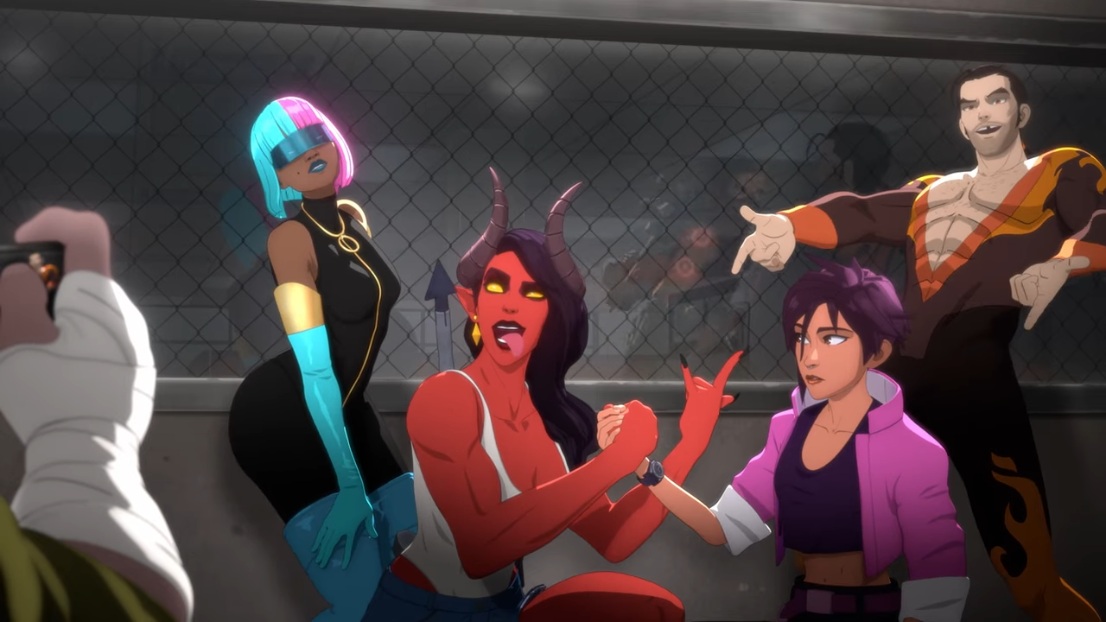When Monolith Productions launched the 1960s-inspired first-person shooter The Operative: No One Lives Forever for Windows in 2000, it rapidly garnered critical acclaim and multiple awards from leading industry publications such as Computer Games Magazine, IGN, and Gamespot.
Published by Fox Interactive, the game was celebrated for its witty writing, unique style, and engaging gameplay, quickly earning a devoted fan base and sparking the desire for sequels and new platforms. Buoyed by the success of No One Lives Forever (often abbreviated as NOLF), Fox Interactive and Monolith Productions set their sights on expanding the game’s reach by porting it to other systems, specifically the PlayStation 2.
However, this undertaking posed significant technical and logistical challenges.
Up until that point, Monolith had focused exclusively on PC development, and their proprietary LithTech engine had yet to be adapted for use on a console like PlayStation 2. Faced with the ambitious goal, Monolith formed a dedicated team to handle the port, aiming to leverage the NOLF brand and set the stage for its anticipated sequel, No One Lives Forever 2: A Spy in H.A.R.M.'s Way.
Reflecting on this period, former Monolith lead artist Matthew Allen recounted how the project originated and unfolded.
Allen explained that the LithTech team had been experimenting with a PlayStation 2 port of their engine, building tech demos using models from other titles.
Looking to push the technology further, they chose No One Lives Forever as the candidate for a full port, and Allen was tasked with leading the effort. Allen described assembling a small, inexperienced team and being handed the challenge of reworking all of NOLF’s PC content for the PlayStation 2—an endeavor complicated by the hardware differences and significant resource constraints.
'Sanity: Aiken's Artifact had just performed poorly in the market,' Allen recalled.
'So I ended up working with a somewhat ragtag group.
The goal was to remake the game’s high-end PC assets for PS2, which lacked the necessary 3D capabilities and video memory.' Despite these difficulties, Allen and his team embraced the challenge, collaborating closely with the LithTech engineers who provided vital support throughout the project. Throughout the process, Allen remembered early meetings where responsibilities and technical hurdles were clarified, with his team ultimately agreeing to handle content adaptation themselves.
The porting process spanned approximately nine months to a year.
'We shipped it, and, honestly, the PS2 version was not up to the standards we hoped for,' Allen admitted.
However, he acknowledged the invaluable experience and teamwork that arose from the intense development period. The PlayStation 2 version of No One Lives Forever featured several notable differences from its PC counterpart.
Exclusive to the console release were three new scenes, the replacement of composer Guy Whitmore’s original soundtrack, and a series of necessary compromises—including the removal of multiplayer capabilities, the PC game’s customizable HUD, and the quick save feature.
These adjustments were driven largely by the limitations of the PlayStation 2 hardware and the need to ensure the game could run effectively on Sony’s second-generation console. Upon release, the PS2 port struggled to achieve the same level of critical success as the original.
Gamespot, which awarded the PC version a 9.3/10, gave the PlayStation 2 edition a significantly lower 4.6, mainly citing the absence of autosave and a frustrating player experience.
IGN rated the port 6.9, specifically criticizing the dated visuals and subpar frame rate.
While the overall sentiment among reviewers was that the port failed to recapture the PC game's charm and technical prowess, outlets such as PLAY acknowledged that, despite its shortcomings, the game remained an entertaining shooter on console. Monolith Productions' journey with The Operative: No One Lives Forever on PlayStation 2 stands as a revealing case study in the complexities of adapting PC titles for home consoles, highlighting the importance of both technical expertise and resource management in successful game development.
Published by Fox Interactive, the game was celebrated for its witty writing, unique style, and engaging gameplay, quickly earning a devoted fan base and sparking the desire for sequels and new platforms. Buoyed by the success of No One Lives Forever (often abbreviated as NOLF), Fox Interactive and Monolith Productions set their sights on expanding the game’s reach by porting it to other systems, specifically the PlayStation 2.
However, this undertaking posed significant technical and logistical challenges.
Up until that point, Monolith had focused exclusively on PC development, and their proprietary LithTech engine had yet to be adapted for use on a console like PlayStation 2. Faced with the ambitious goal, Monolith formed a dedicated team to handle the port, aiming to leverage the NOLF brand and set the stage for its anticipated sequel, No One Lives Forever 2: A Spy in H.A.R.M.'s Way.
Reflecting on this period, former Monolith lead artist Matthew Allen recounted how the project originated and unfolded.
Allen explained that the LithTech team had been experimenting with a PlayStation 2 port of their engine, building tech demos using models from other titles.
Looking to push the technology further, they chose No One Lives Forever as the candidate for a full port, and Allen was tasked with leading the effort. Allen described assembling a small, inexperienced team and being handed the challenge of reworking all of NOLF’s PC content for the PlayStation 2—an endeavor complicated by the hardware differences and significant resource constraints.
'Sanity: Aiken's Artifact had just performed poorly in the market,' Allen recalled.
'So I ended up working with a somewhat ragtag group.
The goal was to remake the game’s high-end PC assets for PS2, which lacked the necessary 3D capabilities and video memory.' Despite these difficulties, Allen and his team embraced the challenge, collaborating closely with the LithTech engineers who provided vital support throughout the project. Throughout the process, Allen remembered early meetings where responsibilities and technical hurdles were clarified, with his team ultimately agreeing to handle content adaptation themselves.
The porting process spanned approximately nine months to a year.
'We shipped it, and, honestly, the PS2 version was not up to the standards we hoped for,' Allen admitted.
However, he acknowledged the invaluable experience and teamwork that arose from the intense development period. The PlayStation 2 version of No One Lives Forever featured several notable differences from its PC counterpart.
Exclusive to the console release were three new scenes, the replacement of composer Guy Whitmore’s original soundtrack, and a series of necessary compromises—including the removal of multiplayer capabilities, the PC game’s customizable HUD, and the quick save feature.
These adjustments were driven largely by the limitations of the PlayStation 2 hardware and the need to ensure the game could run effectively on Sony’s second-generation console. Upon release, the PS2 port struggled to achieve the same level of critical success as the original.
Gamespot, which awarded the PC version a 9.3/10, gave the PlayStation 2 edition a significantly lower 4.6, mainly citing the absence of autosave and a frustrating player experience.
IGN rated the port 6.9, specifically criticizing the dated visuals and subpar frame rate.
While the overall sentiment among reviewers was that the port failed to recapture the PC game's charm and technical prowess, outlets such as PLAY acknowledged that, despite its shortcomings, the game remained an entertaining shooter on console. Monolith Productions' journey with The Operative: No One Lives Forever on PlayStation 2 stands as a revealing case study in the complexities of adapting PC titles for home consoles, highlighting the importance of both technical expertise and resource management in successful game development.






